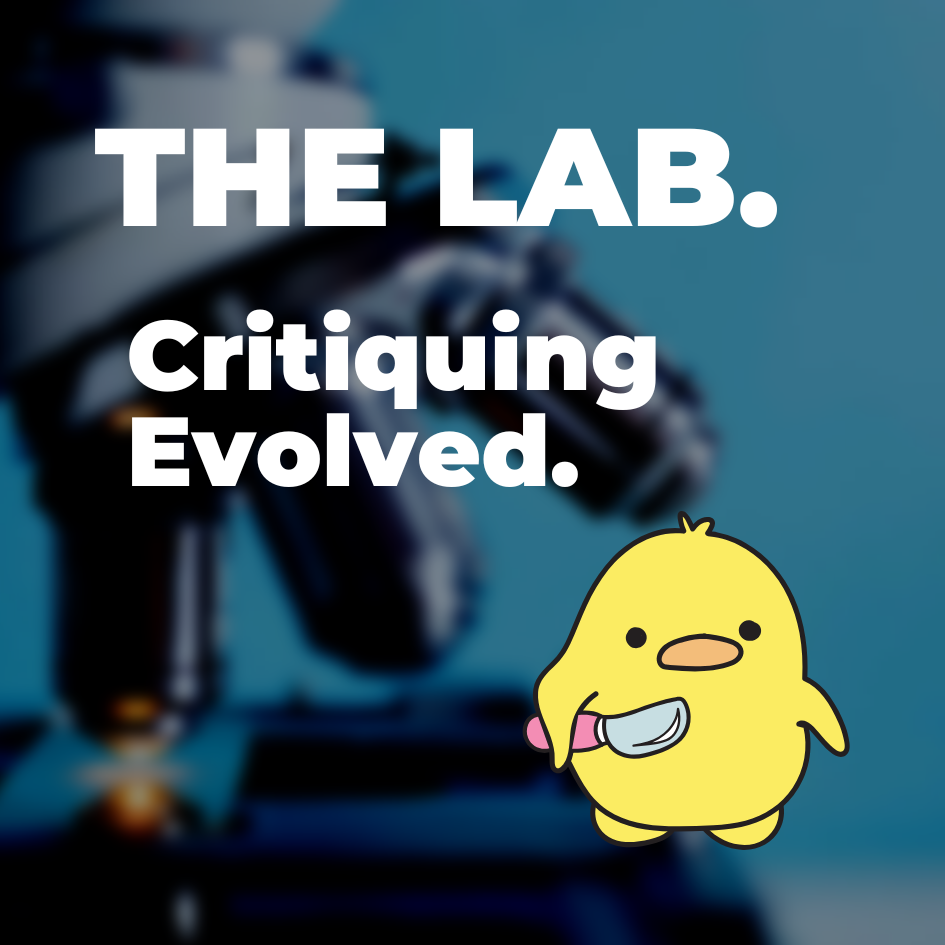Paul Whybrow
Full Member
We've previously discussed inspiration that comes to us while asleep, in a couple of closed threads:
https://colony.litopia.com/threads/creativity-in-sleep.813/
https://colony.litopia.com/threads/dream-power.3708/#post-44278
It remains a fascinating topic, as for one thing, while the body rests during sleep, the brain remains active, getting recharged, but monitoring functions such as breathing, cramp and how full your bladder is! It also thinks.
It's said that sleep has two phases: shallow non-REM and a deeper REM period, when dreams occur.
Human Brain Still Awake, Even During Deep Sleep
In the last couple of years, I've been trying to gain useful meaning from lucid dreaming. I mainly do so in the hour before getting up, when my grey cells are tussling between a desire to stay asleep in dreamland and getting up to do essential writerly tasks.
I haven't done any creative writing for a couple of months, after deciding to devote my energies to self-promotion, including blogging and querying literary agents. I feel the lack. To me, writing a story is like creating a garden, while editing is more of a weeding chore, but querying is as unrewarding as unloading a lorry full of paving slabs—tiring, repetitive and with no visible improvement—but, which might lead somewhere someday.
Thus frustrated, my noddle has seemingly been rummaging through European encyclopedias, which I didn't know were shelved somewhere, as I've recently woke with some improbable names on my lips. I don't know quite know who Terenjé Sesteciné will become in a future story, but I've added his name to a folder of character names on my desktop. Last week, I got out of bed thinking about Tezzarrini's Scorchers—who could be an elite squadron of space-age attack ships—or maybe, a red-hot chilli pastry devised by a sadistic Italian cook!
Wondering if I'd read these names somewhere online and forgotten them, I ran a search which confirmed it's my sleeping imagination that invented them. I shouldn't be surprised, as the brain is an astonishing thinking machine; that it's not entirely under our control is intimidating.
43 Facts About Your Brain That Will Blow Your Mind
Some famous stories were inspired by dreams, such as Mary Shelley's Frankenstein, E. B. White's Stuart Little and Robert Louis Stevenson's The Strange Case of Dr Jekyll and Mr Hyde. Stephen King stepped into a nightmare on a flight to London, which became Misery.
Have you had any peculiar dreams, which proved useful for your writing?

https://colony.litopia.com/threads/creativity-in-sleep.813/
https://colony.litopia.com/threads/dream-power.3708/#post-44278
It remains a fascinating topic, as for one thing, while the body rests during sleep, the brain remains active, getting recharged, but monitoring functions such as breathing, cramp and how full your bladder is! It also thinks.
It's said that sleep has two phases: shallow non-REM and a deeper REM period, when dreams occur.
Human Brain Still Awake, Even During Deep Sleep
In the last couple of years, I've been trying to gain useful meaning from lucid dreaming. I mainly do so in the hour before getting up, when my grey cells are tussling between a desire to stay asleep in dreamland and getting up to do essential writerly tasks.
I haven't done any creative writing for a couple of months, after deciding to devote my energies to self-promotion, including blogging and querying literary agents. I feel the lack. To me, writing a story is like creating a garden, while editing is more of a weeding chore, but querying is as unrewarding as unloading a lorry full of paving slabs—tiring, repetitive and with no visible improvement—but, which might lead somewhere someday.
Thus frustrated, my noddle has seemingly been rummaging through European encyclopedias, which I didn't know were shelved somewhere, as I've recently woke with some improbable names on my lips. I don't know quite know who Terenjé Sesteciné will become in a future story, but I've added his name to a folder of character names on my desktop. Last week, I got out of bed thinking about Tezzarrini's Scorchers—who could be an elite squadron of space-age attack ships—or maybe, a red-hot chilli pastry devised by a sadistic Italian cook!
Wondering if I'd read these names somewhere online and forgotten them, I ran a search which confirmed it's my sleeping imagination that invented them. I shouldn't be surprised, as the brain is an astonishing thinking machine; that it's not entirely under our control is intimidating.
43 Facts About Your Brain That Will Blow Your Mind
Some famous stories were inspired by dreams, such as Mary Shelley's Frankenstein, E. B. White's Stuart Little and Robert Louis Stevenson's The Strange Case of Dr Jekyll and Mr Hyde. Stephen King stepped into a nightmare on a flight to London, which became Misery.
Have you had any peculiar dreams, which proved useful for your writing?




